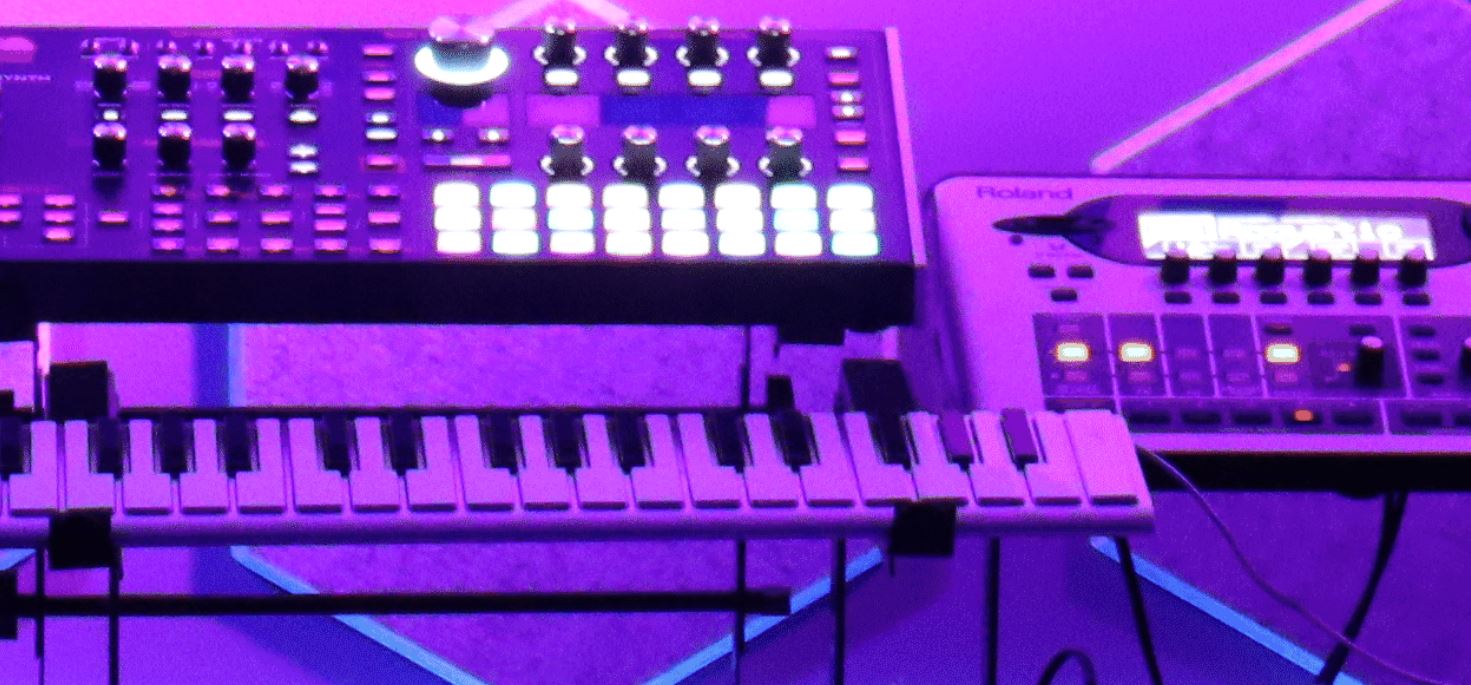There are few instruments as game-changing and mind-bending as the synthesizer.
The very mention of the word conjures images of neon-colored waves, mind-expanding concerts, and tunes that resonate from the days of disco balls to the age of digital dreams. It's not just an instrument; it's an emblem of evolution.
From Theremin to Moog
Before we dive into the heart of synthesizers, we must pay homage to its strange and spectral precursor: the theremin. Invented in the early 1920s by Léon Theremin, it was the first electronic musical instrument, played without touch. Artists moved their hands near its antennas, altering pitches and conjuring sounds from thin air.
Yet, it was Dr. Robert Moog who would take this electrifying concept and amplify its potential. The Moog synthesizer, born in the '60s, became the icon for a generation pushing boundaries. Artists like Wendy Carlos, with her groundbreaking album "Switched-On Bach," showcased the synth's potential, turning classical compositions into electrified masterpieces.
The Disco Era & Rise of the Synth
The 1970s heralded a new age, with bell-bottoms, glittering disco balls, and electrifying dance floors. Synthesizers became synonymous with the era's soundscape. Giorgio Moroder's synthesized basslines in Donna Summer's "I Feel Love" proved that machines could indeed have soul, paving the way for an entire genre of electronic music.
The '80s: Synth-Pop & New Wave Revolution
The synthesizer's unmistakable timbre dominated the '80s. Bands like Depeche Mode, The Human League, and New Order made synths central to their sound, creating anthems that remain timeless. Who can forget the haunting beauty of A-ha's "Take On Me" or the rallying call of Soft Cell's "Tainted Love"?
With the likes of Yamaha's DX7 and the Roland Jupiter-8, the synthesizer wasn't just for the avant-garde anymore—it was a pop culture mainstay.
Digital Age & Beyond
As we raced into the '90s and 2000s, music went digital, and the synthesizer adapted. Soft synths, virtual studio technology, and digital audio workstations like Ableton and FL Studio democratized music production. Artists didn't need a garage full of gear to make hits; a laptop and inspiration were enough.
Acts like Daft Punk, Deadmau5, and Tame Impala continued to champion the synthesizer, proving that it remains vital in shaping the sonic frontiers.
Conclusion: Legacy of the Synthesizer
From its early days as an experimental novelty to its rise as a symbol of musical rebellion and innovation, the synthesizer has left an indelible mark on the world of music. It's a testament to the enduring spirit of invention and the relentless pursuit of soundscapes that challenge, inspire, and thrill.
To the synthesizer: Here's to the past, present, and the electrifying future. Rock on.

